During pregnancy, it’s important to take extra care of your body to help your baby grow strong and healthy. Getting the right vitamins and nutrients is essential. Eating a balanced diet is a great start, but you might need more than what food alone provides. That’s where prenatal vitamins come in. They’re designed to give you and your baby the extra nutrients you need. In this guide, we’ll explore the best vitamins for pregnancy and explain why they’re so important for your health and your baby’s development.
1. Folic Acid
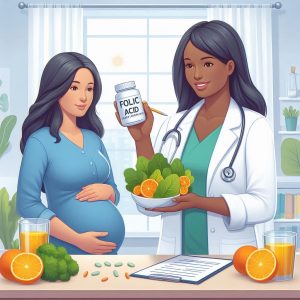
Folic acid is one of the best vitamins you can take during pregnancy. It plays a crucial role in preventing birth defects in your baby’s brain and spine. Doctors recommend taking 400-800 micrograms of folic acid every day, especially during the first three months of pregnancy. You can get folic acid from foods like leafy greens, oranges, and beans. However, it can be challenging to get enough folic acid from food alone. That’s why many doctors suggest taking a folic acid supplement to ensure you’re getting the right amount. This extra step helps make sure both you and your baby stay healthy throughout your pregnancy.
2. Iron
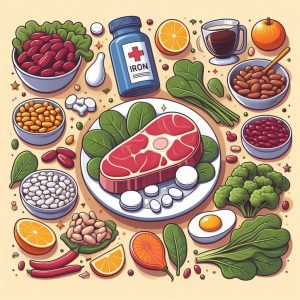
Iron is really important during pregnancy because it helps your body make more blood to carry oxygen to your baby. When you’re pregnant, you need about twice as much iron as before. If you don’t get enough iron, you might feel tired and weak due to anemia. To keep your iron levels up, eat foods that are rich in iron, like red meat, beans, and spinach. It’s also a good idea to take a prenatal vitamin that includes iron. This will help keep your energy levels high and ensure both you and your baby are healthy.
3. Calcium
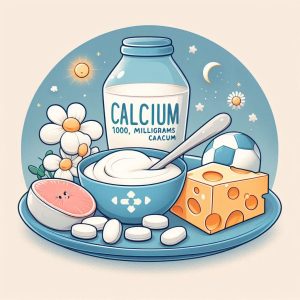
Calcium is crucial for your baby’s bones and teeth. If you don’t get enough calcium, your body will take it from your own bones, which can make them weaker. To prevent this, try to get 1,000 milligrams of calcium every day. Good sources of calcium include dairy products like milk, yogurt, and cheese. If you’re having trouble getting enough calcium from your diet, taking a prenatal vitamin with calcium can help. This ensures that both you and your baby get the calcium you need for strong bones and overall health.
4. Vitamin D
Vitamin D helps calcium work properly, which is important for your baby’s bones and teeth. It also helps keep your immune system strong. Most prenatal vitamins have vitamin D, but you can also get it from the sun. Spending just 10-15 minutes outside in the sun each day helps your body make vitamin D naturally. Additionally, foods like eggs and fish are good sources of vitamin D. So, make sure you get enough vitamin D through your diet, sunlight, and prenatal vitamins to keep both you and your baby healthy.
5. DHA
DHA is an omega-3 fatty acid that helps your baby’s brain and eyes develop properly. You can get DHA from eating fatty fish like salmon or by taking supplements. Some prenatal vitamins also include DHA, but it’s a good idea to check the label to be sure. DHA is important for your baby’s growth, so make sure you’re getting enough through your diet or a supplement to support your baby’s health and development.
6. Vitamin C
Vitamin C is really helpful during pregnancy because it helps your body absorb iron, which is important for both you and your baby. It also supports your baby’s growth and strengthens your immune system, helping you stay healthy. You can get vitamin C from eating fruits like oranges, strawberries, and kiwi. Most prenatal vitamins, which are key vitamins for pregnancy, include vitamin C, but it’s still a good idea to eat a variety of fruits and vegetables every day. This way, you ensure you’re getting enough vitamin C to support your health and your baby’s development. Adding these foods to your diet will help keep you both strong and healthy throughout your pregnancy.
7. Iodine
Iodine is an important nutrient for your baby’s brain and nervous system. When you’re pregnant, you need more iodine than usual to support your baby’s development. You can get iodine from eating foods like fish, dairy products, and using iodized salt in your cooking. These foods help make sure you get enough iodine. However, most prenatal vitamins also include iodine to ensure you’re getting the right amount. This extra iodine in your prenatal vitamins helps cover any gaps, so both you and your baby stay healthy. It’s important to include these sources of iodine in your diet or take a prenatal vitamin to support your baby’s growth and keep your own health on track.
Conclusion
Taking care of your health while you’re pregnant is really important for both you and your baby. Eating a balanced diet full of essential nutrients helps your baby grow strong and healthy. Sometimes, it can be hard to get all the nutrients you need from food alone. This is where prenatal vitamins come in. They can help fill in any gaps and make sure you’re getting everything you need. The best vitamins for pregnancy include folic acid, iron, calcium, vitamin D, and DHA. Each of these plays a special role in keeping you and your baby healthy. Before you start taking any supplements, it’s a good idea to talk to your doctor. They can help you choose the right ones and ensure you’re getting the right amount for your health and your baby’s growth.
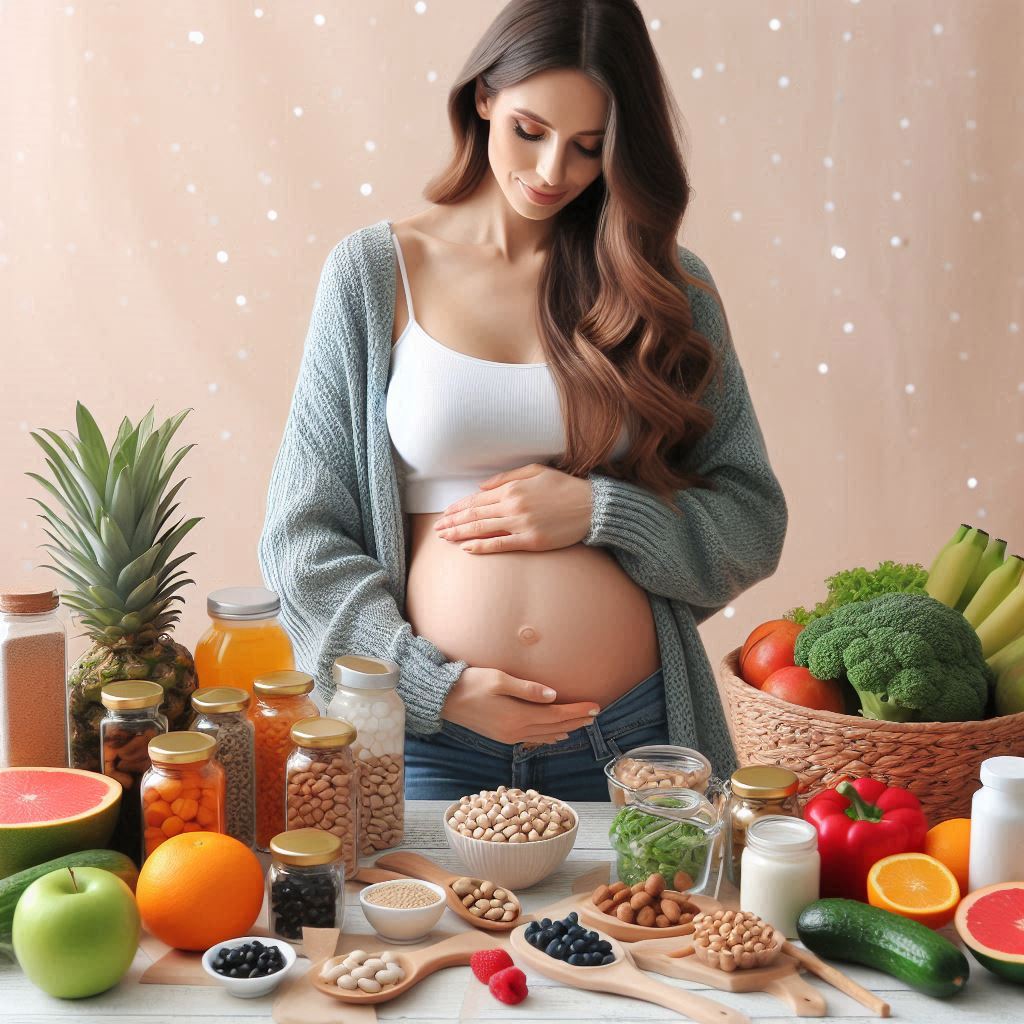
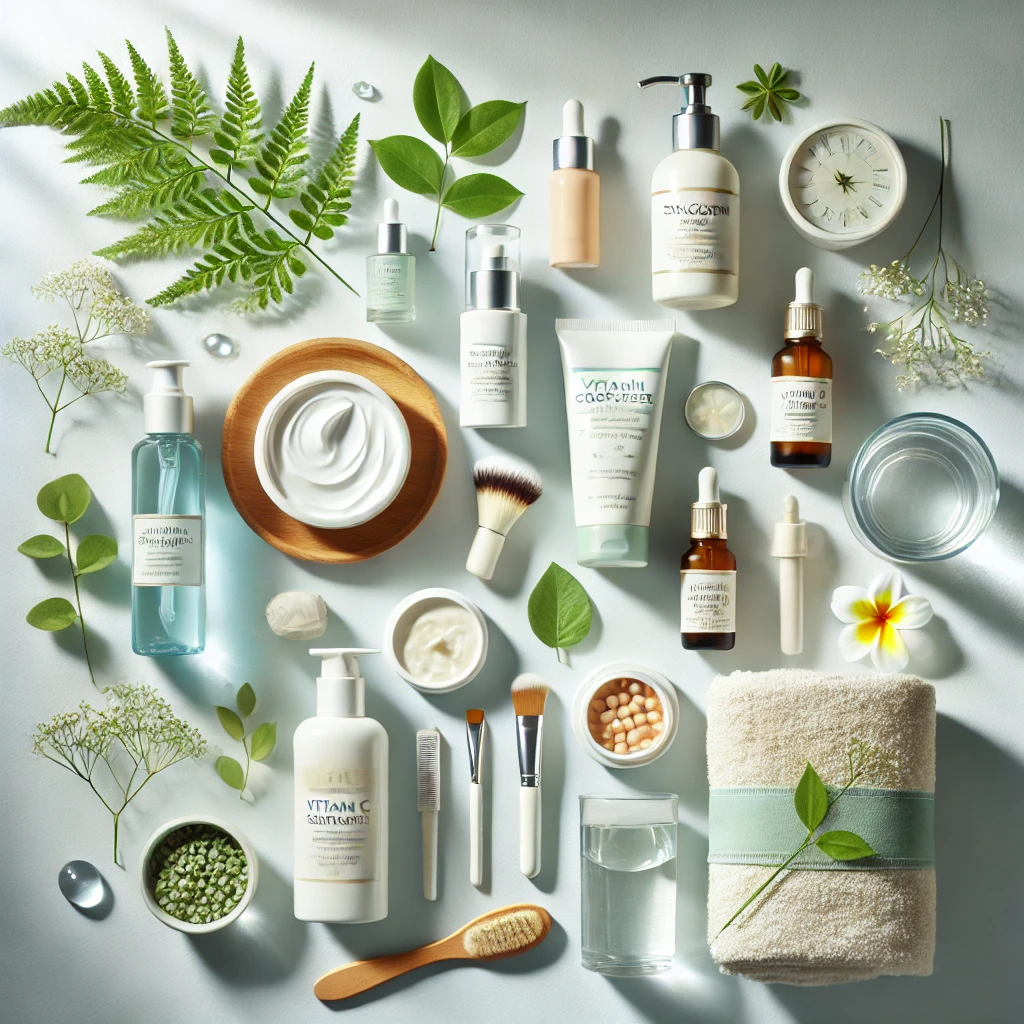
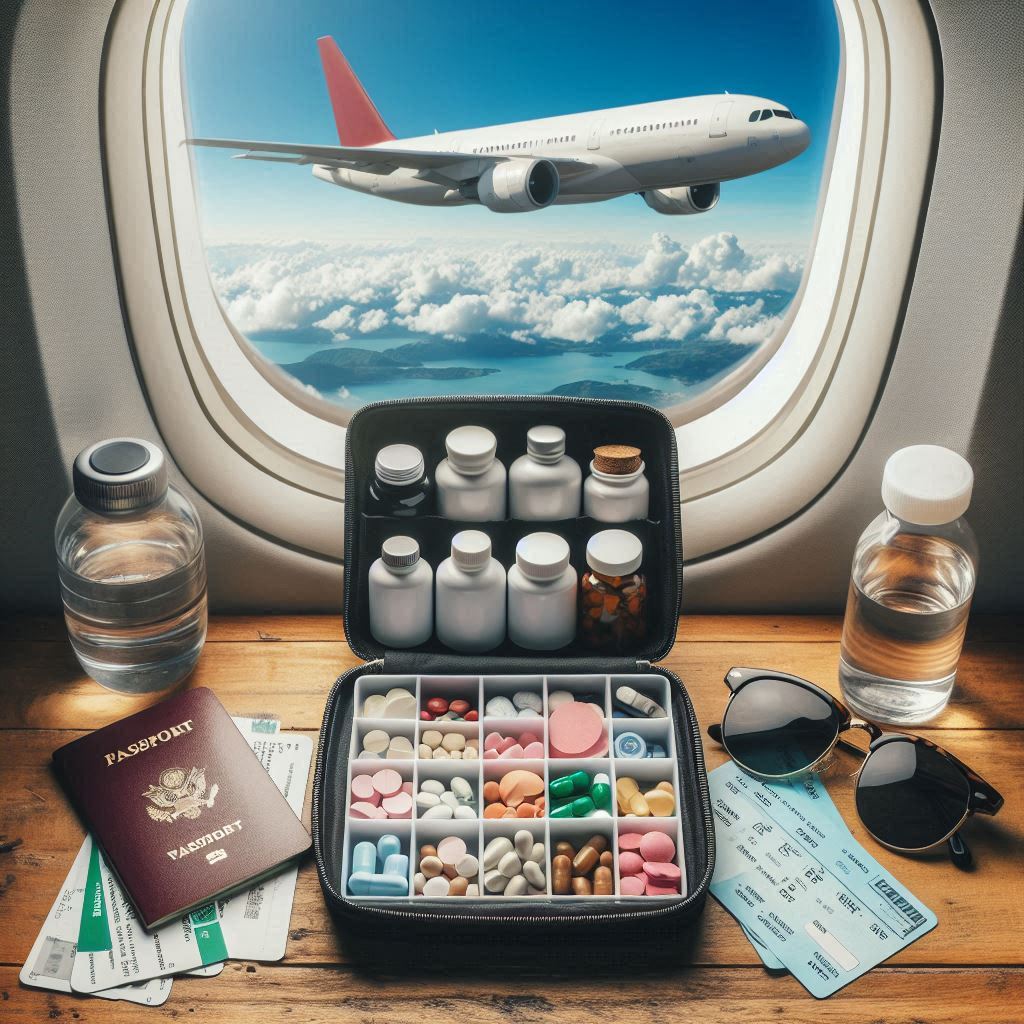





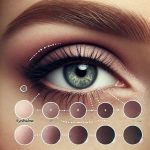
Leave a Reply